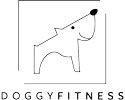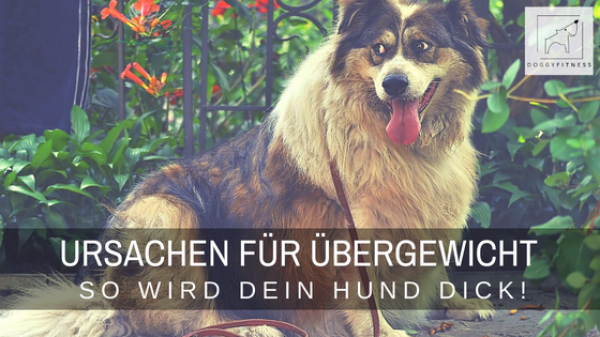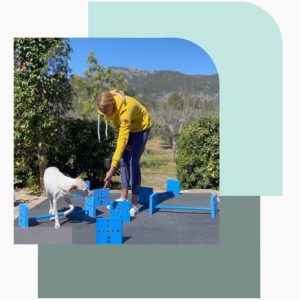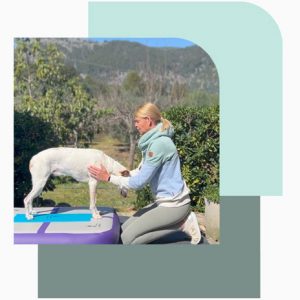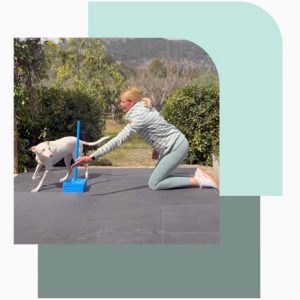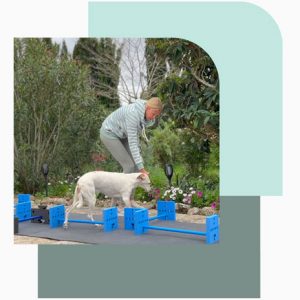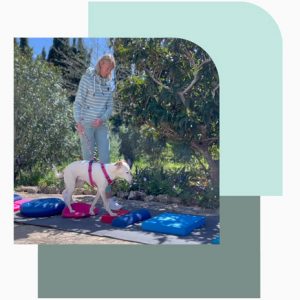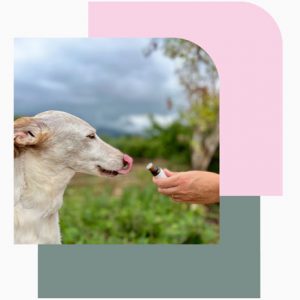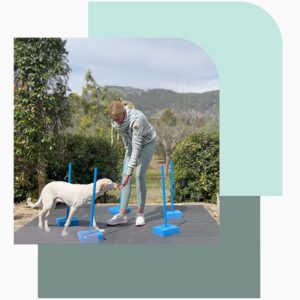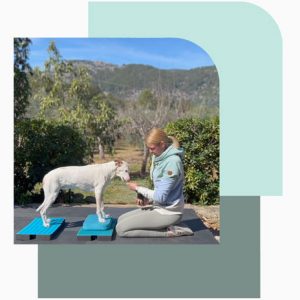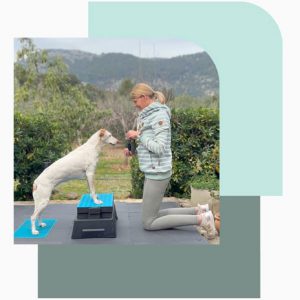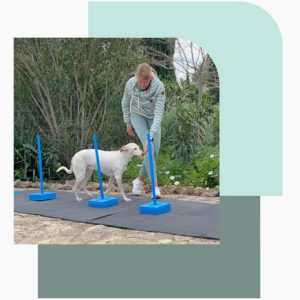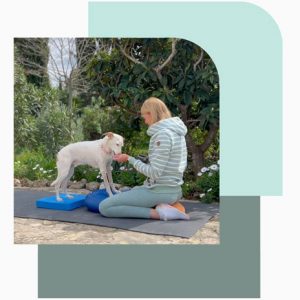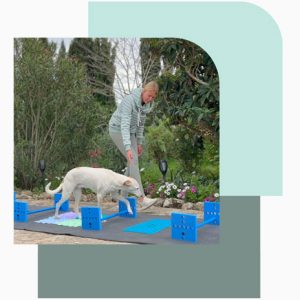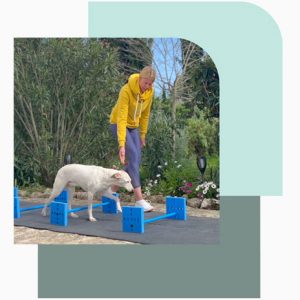Obesity is a serious health risk. Causes of obesity in dogs – there are definitely several. And here I do not mean:
- “It’s all just fur! When it’s wet, you can see how thin it really is!”
- “He’s always been like that!
- “That’s the compact body shape!”
And let’s face it, no one likes to hear that their dog is too fat. Neither from the beloved neighbor nor from the vet. There is an urgent need for discussion and also for action on the part of dog owners: because approx. 40 percent of all dogs and cats in western industrialized countries are overweight or even obese.
Converted, this is almost every second dog. But not only that every second movement is unnecessarily difficult. Overweight is a serious health problem for your dog! In addition, life expectancy is significantly reduced by about 20 percent.
The causes of obesity in dogs – how does a dog get fat?
This is something I often see dog people realize their dog is fat, but they wonder how it got that way. The process is usually gradual and eventually they realize there is a problem.
This is where dangers for obesity lurk:
The most common cause of obesity is also the simplest: it is the lack of balance between exercise and amount of food. This sounds unspectacular, but it is undoubtedly the most common cause of your dog having too much on the ribs.
The information on the feed quantity on the feed packaging is also often treacherous. As a rule, they are overstated rather than understated, and not every dog consumes the same amount of food. So don’t go strictly by the quantities given. If you notice that your dog is gaining weight, be sure to adjust the amount of food.
In addition, there are factors that change the energy needs of your dog
- There are also in dogs, for example, metabolic diseases that can lead to obesity.
- For example, if your dog suffers from a joint disease and is allowed or able to move less, the energy requirements will change. Many dogs then gain weight, which is an additional burden on the joints. Be sure to adjust meals in a timely manner.
- Age also plays a role, your dog moves less, metabolism slows down, the dog’s body needs less food or in a different composition. Again, you should adjust your diet. But also be sure to make sure your dog is getting all the nutrients he needs.
- Neutering affects hormone balance and therefore your dog’s energy needs.
- In addition, there is the tiresome topic of treats. Quite often we do not take them into account when determining the amount of feed.
Obesity is treacherous – it comes insidiously
Overweight develops gradually. The process begins with the so-called “dynamic phase” – during which fat is stored. Your dog gets more food than he needs. Then follows the so-called “static phase”. This is when the fat accumulation capacity is exhausted. During this phase, a small amount of food is sufficient to maintain the excess weight.
Therefore, many dogs do not lose weight when they are overweight, despite a reduced amount of food. I often hear from dog owners that the dog only gets “a vanishing amount a day” and still does not lose weight. A long way until normal weight is reached again. It’s very stressful for your dog. Not only physically, but also mentally. So you should try not to let overweight develop in your dog in the first place.
Whenever you reduce your dog’s food, make sure he gets all the important nutrients and vitamins, and it’s best to get advice and a feeding plan from a professional.
Has your dog ever struggled with obesity? What was the cause? Feel free to share your experiences with me in the comments! Causes of obesity in dogs Causes of obesity in dogs
All the love, Tina
Dieser Beitrag ist auch verfügbar auf:
Français (French)
Deutsch (German)
Español (Spanish)
